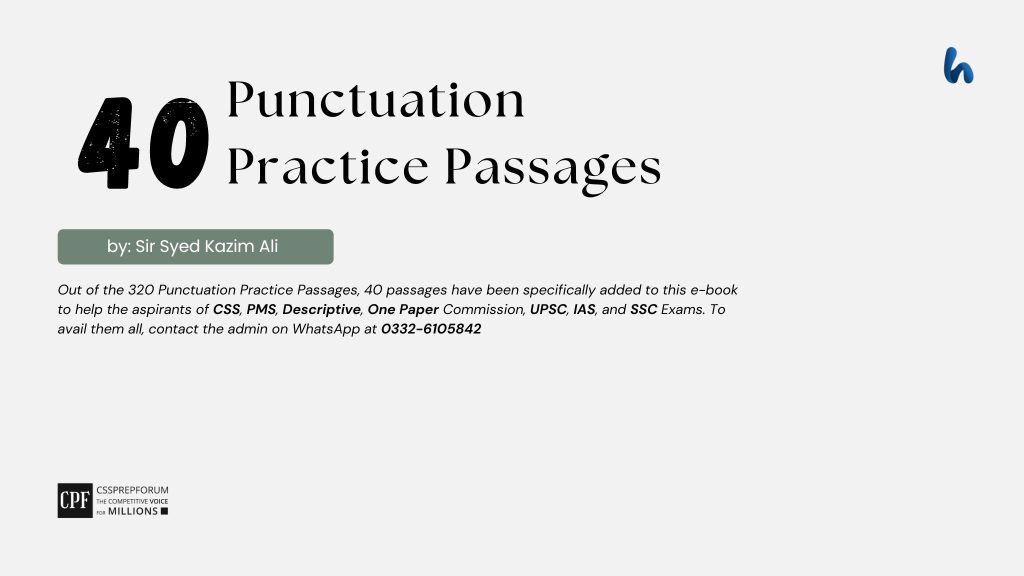This article comprehensively overviews the most important globalization terminologies crucial for CSS and PMS aspirants. Learning to write them will enable aspirants to navigate complex political concepts effectively.

Learning to write subject terminologies is always essential for competitive exam students, especially CSS and PMS. This practice gives aspirants a deeper understanding of complex concepts, ultimately helping them articulate their thoughts clearly. Learning to write these terms appropriately not only enhances comprehension but also equips aspirants to engage effectively with exam essays. For example, in fields like political economy, acquaintance with terms such as “globalization” and “trade barriers” helps aspirants confidently analyze and debate relevant issues. After learning these terminologies, aspirants can tackle exam questions more adeptly because they can apply these terms contextually, demonstrating their knowledge and critical thinking skills. Therefore, learning subject-specific terminology is not just about learning words or vocabulary; it’s all about improving exam scores.
I have compiled the following terminologies from various reputable sources: dictionaries, websites, books, and magazines. This compilation is intended to aid my students in enhancing their vocabulary and effectively articulating their thoughts in essays, whether for compulsory or optional subjects.
Important Globalization Terminologies
| Globalization |
| The increasing interconnectedness of the world’s economies, cultures, and societies. |
| Global Economy |
| The worldwide network of economic activity. |
| Global Village |
| The idea that the world is becoming increasingly interconnected and interdependent. |
| Globalization of Markets |
| The expansion of markets across national borders. |
| Globalization of Production |
| The sourcing of goods and services from around the world. |
| International Trade |
| The exchange of goods and services between countries. |
| Foreign Direct Investment (FDI) |
| The investment of resources in a foreign country. |
| Multinational Corporations (MNCs) |
| Companies that operate in multiple countries. |
| Supply Chains |
| The network of companies and suppliers involved in the production of a product. |
| Economic Integration |
| The process of bringing countries closer together economically. |
| Cultural Exchange |
| The sharing of cultural ideas, values, and practices between different cultures. |
| Cultural Homogenization |
| The spread of Western culture around the world. |
| Cultural Imperialism |
| The imposition of a dominant culture on other cultures. |
| Glocalization |
| The adaptation of global products to local tastes and preferences. |
| Cultural Hybridity |
| The blending of different cultural elements. |
| International Organizations |
| Organizations that operate across national borders. |
| Intergovernmental Organizations (IGOs) |
| Organizations that are created by governments. |
| Nongovernmental Organizations (NGOs) |
| Organizations that are not affiliated with any government. |
| Global Governance |
| The regulation of global issues by international institutions. |
| Global Citizenship |
| The idea that individuals should be responsible for the well-being of the entire planet. |
| Information and Communication Technology (ICT) |
| The use of technology to communicate and share information. |
| Internet |
| A global network of computers. |

| Social Media |
| Online platforms that allow users to connect and interact with others. |
| Digital Divide |
| The gap between those who have access to technology and those who do not. |
| E-commerce |
| The buying and selling of goods and services online. |
| Economic Growth |
| The increase in the production of goods and services in an economy. |
| Job Creation |
| The creation of new jobs as a result of globalization. |
| Job Loss |
| The loss of jobs due to globalization. |
| Wage Inequality |
| The unequal distribution of income within a population. |
| Economic Interdependence |
| The reliance of countries on each other for goods and services. |
| Loss of Cultural Identity |
| The erosion of cultural traditions and values. |
| Rise of International Organizations |
| The growth of international organizations that play a role in global governance. |
| Decline of National Sovereignty |
| The erosion of the power of nation-states. |
| Increased Global Cooperation |
| The need for countries to cooperate on global issues. |
| Increased Global Conflict |
| The potential for conflict between countries with different interests. |
| Rise of Nationalism |
| The resurgence of nationalistic sentiments in response to globalization. |
| Technological Diffusion |
| The spread of technology around the world. |
| Cybersecurity Threats |
| The risk of cyberattacks and data breaches. |
| Intellectual Property Rights |
| The legal rights granted to creators of intellectual property. |
| Resource Depletion |
| The depletion of natural resources due to increased economic activity. |
| Pollution |
| The release of harmful substances into the environment. |
| Climate Change |
| The long-term alteration of Earth’s climate. |
| Biodiversity Loss |
| The loss of species and ecosystems due to human activities. |
| Sustainable Development |
| Economic development that meets the needs of the present without compromising the ability of future generations to meet their own needs. |
| International Trade Agreements |
| Agreements between countries that reduce trade barriers. |
Click on Any to Start Reading



FAQs About Sir Syed Kazim Ali

CSS Solved Past Papers’ Essays
Looking for the last ten years of CSS and PMS Solved Essays and want to know how Sir Kazim’s students write and score the highest marks in the essays’ papers? Then, click on the CSS Solved Essays to start reading them.
CSS Solved Essays
CSS Solved General Science & Ability Past Papers
Want to read the last ten years’ General Science & Ability Solved Past Papers to learn how to attempt them and to score high? Let’s click on the link below to read them all freely. All past papers have been solved by Miss Iqra Ali & Dr Nishat Baloch, Pakistan’s top CSS GSA coach having the highest score of their students. General Science & Ability Solved Past Papers











